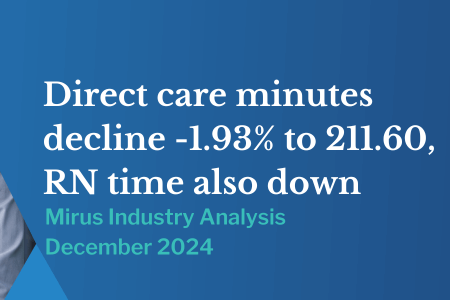DSS releases Guide to Aged Care Law
October 14, 2014 | Aged Care Management

Aged care providers are the backbone of the care industry, and they’re going to need a substantial amount of assistance over the next few years with growing resident numbers.
This mounting pressure is exactly why the Department of Social Services (DSS) has launched a new Guide to Aged Care Law, in conjunction with recent amendments to the Aged Care Act 1997. The DSS saw an opportunity to enhance how it presented this information, and subsequently announced the guide.
How providers can take advantage of the guide
This is a brand new approach to how the DSS communicates with stakeholders in the aged care sector. The guide covers a number of areas, including information for approved, flexible care, home care and residential care providers. It also details grants and data about administering aged care legislation.
This guide, hosted on the DSS website, can be particularly useful as a source for all necessary aged care law information.
A focus on residential care
Residential care facilities will become centres of aged care growth over the next few decades, as the ageing population seeks a high level of flexible care.
Providers will need to be prepared to handle these rising resident numbers by building out facility operations, hiring and training greater numbers of staff and understanding aged care law and policy.
The new guide lends a substantial focus on residential care, containing relevant details about achieving Commonwealth subsidy and the various eligibility requirements for subsidies that are paid to approved providers. There’s also detailed information about the various fees and payments providers can charge residents.
Further sections will address the following areas:
- Approval of care residents – This involves information on the approvals needed before a person can receive Commonwealth subsidised care.
- Allocation of places – This section details the allocation process, how places are decided and when allocations take effect.
- Extra service places – This part covers exactly what defines an extra service place, when they cease and extra service fees.
- Residential care subsidy – This details the subsidy paid by the commonwealth to approved providers for providing residential care to recipients.
The DSS has since announced it would like feedback on the guide, especially in regards to the presentation of content and general functionality. Any requested enhancements will also be considered.
There’s no denying the usefulness of a comprehensive guide that can be adjusted as and when required.
What do you think are the biggest opportunities for success in the aged care industry today? Please contact us and let us know!


